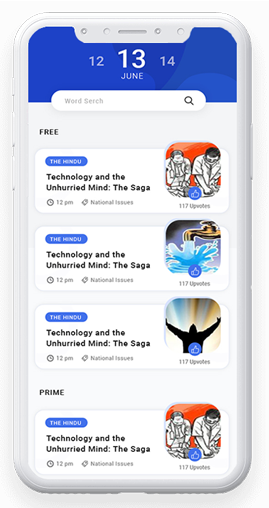The duo held discussions on the sidelines of UNGA meeting in New York even as Indian and U.S. trade negotiators prepare for their next round of talks; the Minister says talks covered ‘bilateral and international issues’; Piyush Goyal is in the U.S. too.
Diplomatic meeting: External Affairs Minister S. Jaishankar with U.S. Secretary of State Marco Rubio in New York City on Monday. AFP
External Affairs Minister S. Jaishankar met with U.S. Secretary of State Marco Rubio in an apparent bid by both sides to repair relations ruptured by a number of U.S. actions, including the 50% tariffs on Indian goods and an increase in H-1B visa fees.
Monday’s talks on the sidelines of the 80th United Nations General Assembly (UNGA) came even as Indian and U.S. trade negotiators prepared for their next round of talks. Commerce and Industries Minister Piyush Goyal is also in the U.S. this week.
Mr. Jaishankar and Mr. Rubio shook hands at a photo opportunity before the meeting, but avoided making any comments to the press. “Our conversation covered a range of bilateral and international issues of current concern. [We] agreed on the importance of sustained engagement to progress on priority areas. We will remain in touch,” Mr. Jaishankar said in a social media post.
The Minister is on his fifth official visit to the U.S. in the past nine months.
During his last visit, Mr. Jaishankar and Mr. Rubio had held the Quad Foreign Minister’s Meeting along with their counterparts from Australia and Japan. No date has yet been announced for the Quad summit, which would bring U.S. President Donald Trump and other Quad leaders to Delhi for the meeting due in November. The Rubio-Jaishankar meet on Monday was expected to discuss that.
The Foreign Minister’s Meeting in New York came days after Mr. Trump and Prime Minister Narendra Modi spoke over the telephone and agreed to resume India-U.S. trade talks that the U.S. pulled out of in August, sparking hopes of a larger rapprochement between the two countries.
More punitive actions
However, in the past week, the U.S. had also passed more punitive actions, such as cancelling a waiver for India’s Chabahar port project in Iran, visa revocations for Indian corporate executives for alleged involvement in the fentanyl illegal drug trade, as well as imposing a $100,000 fee for H-1B visa applications, a large number of which come from Indian tech firms or for Indian professionals.
The Ministry of External Affairs had warned of “humanitarian consequences” of the decision, and hoped the U.S. government would address the “disruptions” caused.
U.S. President Donald Trump will address the UNGA on Tuesday, while Mr. Jaishankar will address the Assembly on September 27.
On Saturday, Mr. Trump also repeated his claim that he had brought the India-Pakistan conflict to an end, another cause of a strain in India-U.S. relations as India has denied the claim on a number of occasions.



